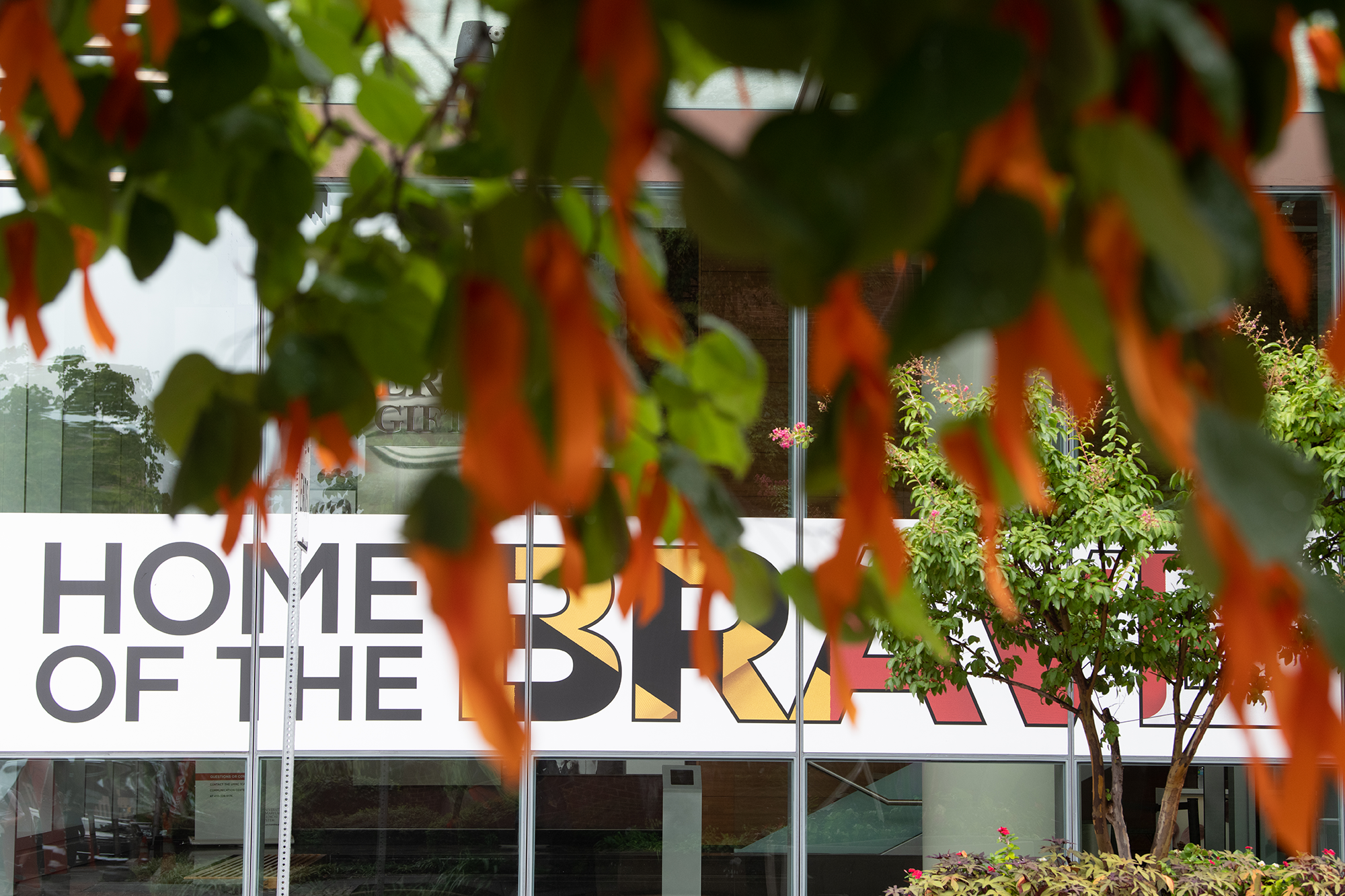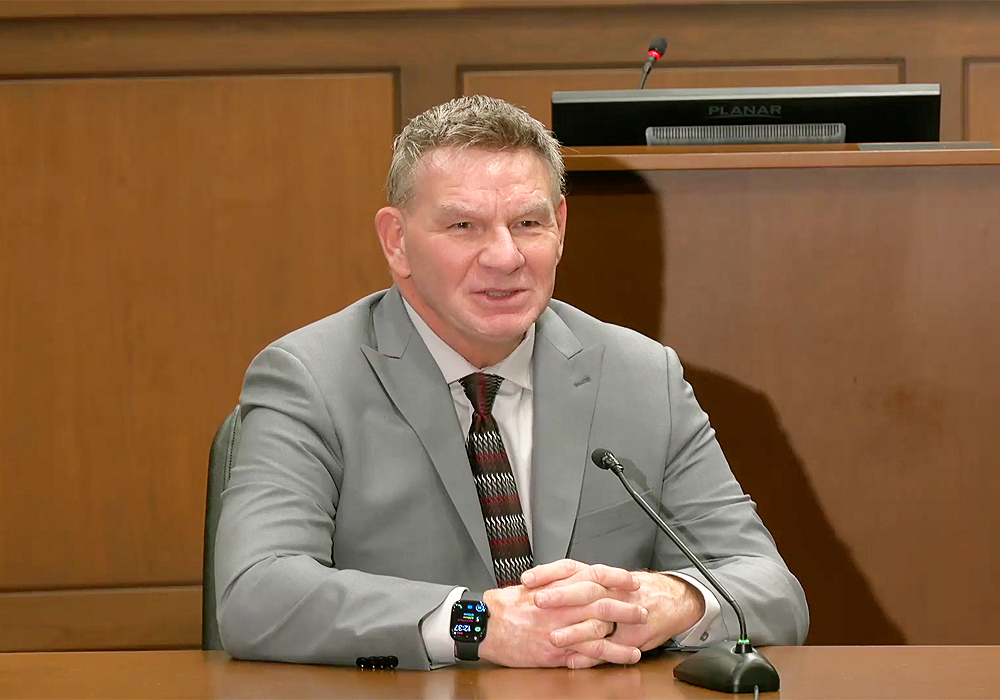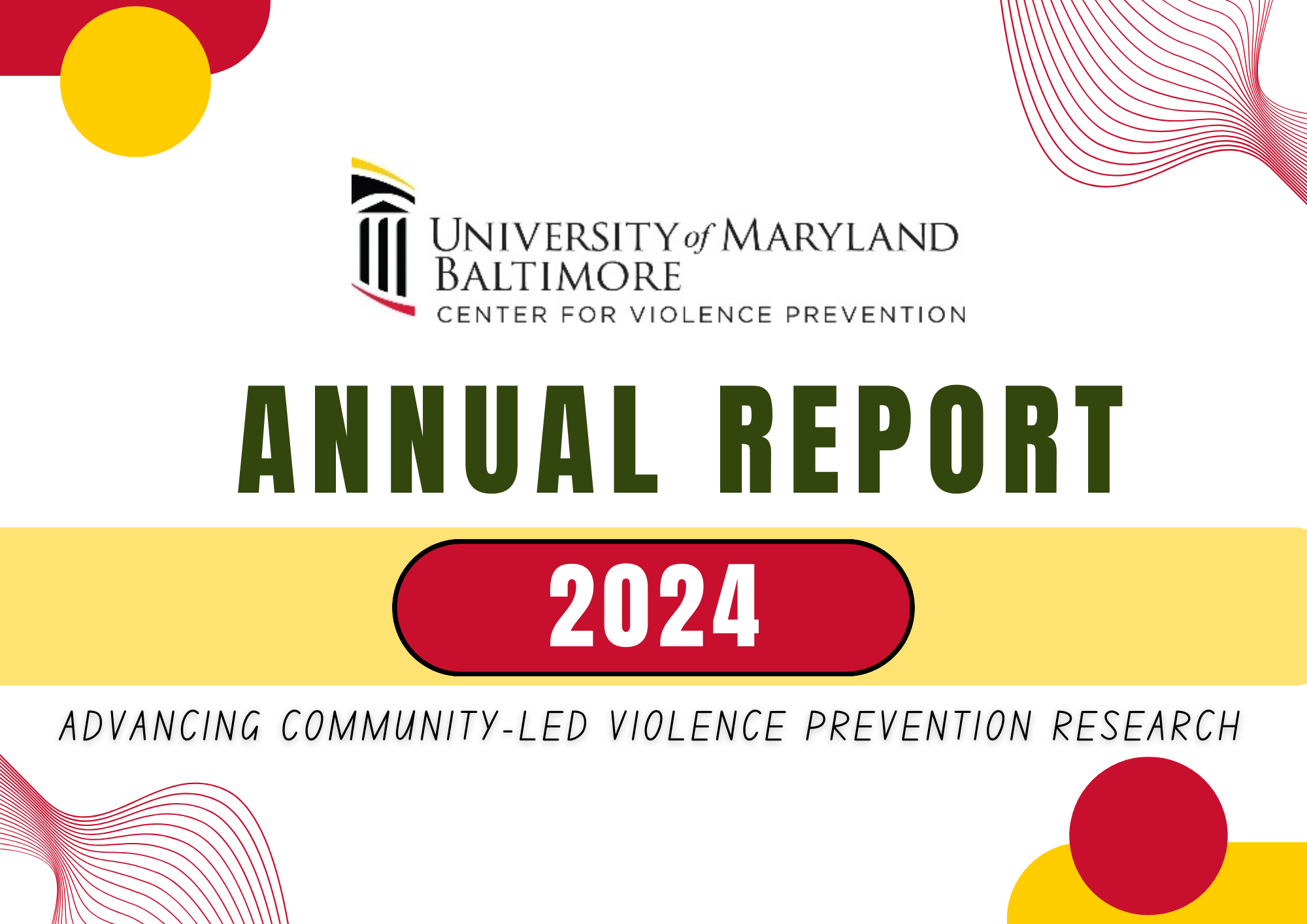Center for Violence Prevention

The University of Maryland, Baltimore (UMB) Center for Violence Prevention seeks to intervene, reduce, and respond to violence in our city, bringing together the expertise of the R Adams Cowley Shock Trauma Center at the University of Maryland Medical Center and the University of Maryland schools of medicine, social work, and law. The center seeks to bridge the activities of those across UMB and in the community in an interdisciplinary, collaborative fashion to conduct community-based participatory research, provide creative and impactful education, and inform and advocate for policies that strengthen our communities to prevent violence and trauma. The center is a collaborative effort of UMB and the R Adams Cowley Shock Trauma Center.
Donate to the Center for Violence Prevention
Your donation helps us reduce and respond to violence in our city through collaborative research, education, and advocacy. Join us in strengthening communities and preventing trauma for a safer, healthier future.

Community Violence Prevention Survey
Press Coverage

A Safer Baltimore
February 6, 2026
Baltimore City Police Commissioner Richard Worley talks with the UMB community about the city's success at reducing violent crime with a community-focused approach.

Centering Collaboration to Close Gaps for Overlooked Trafficked Children
June 24, 2025
The 2025 Child Trafficking Conference spotlighted inclusive, survivor-informed strategies to improve care for overlooked youth.

Raising Awareness About Child Trafficking
June 9, 2025
Hundreds of people working to stop child trafficking gathered in Towson to raise awareness and focus on partnerships to protect vulnerable kids. WYPR talked with conference organizer Nadine Finigan-Carr, executive director of the University of Maryland, Baltimore's Center for Violence Prevention.



